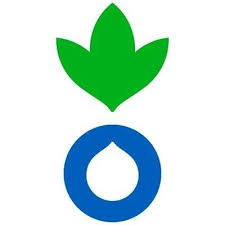Koti called the PASCO project a strategic intervention to address rising insecurity, economic instability, and climate-related challenges confronting pastoral communities in the Lake Chad Basin.
He said the project aligns with key regional and international frameworks, including the ECOWAS Agricultural Policy (ECOWAP) 2025, the Lake Chad Basin Commission’s Stabilisation Strategy, and the Paris Agreement on Climate Change.
According to him, the initiative is aimed at enhancing economic resilience and security among pastoral and agro-pastoral communities in the volatile border regions of Cameroon, Nigeria, and Chad.
“The PASCO project is focused on strengthening livestock value chains, enhancing cross-border trade, and promoting inclusive governance to tackle the challenges faced by pastoral communities.
“The key goals of the project include enhancing economic resilience by supporting livestock marketing routes, local dairy and value chains to improve livelihoods,” he said.
Koti added that the project would also support conflict mitigation by promoting cross-border dialogue and the sustainable management of natural resources.
He said the initiative aims to foster inclusive governance by empowering women, youth, and marginalised groups to participate in policy and decision-making processes.



